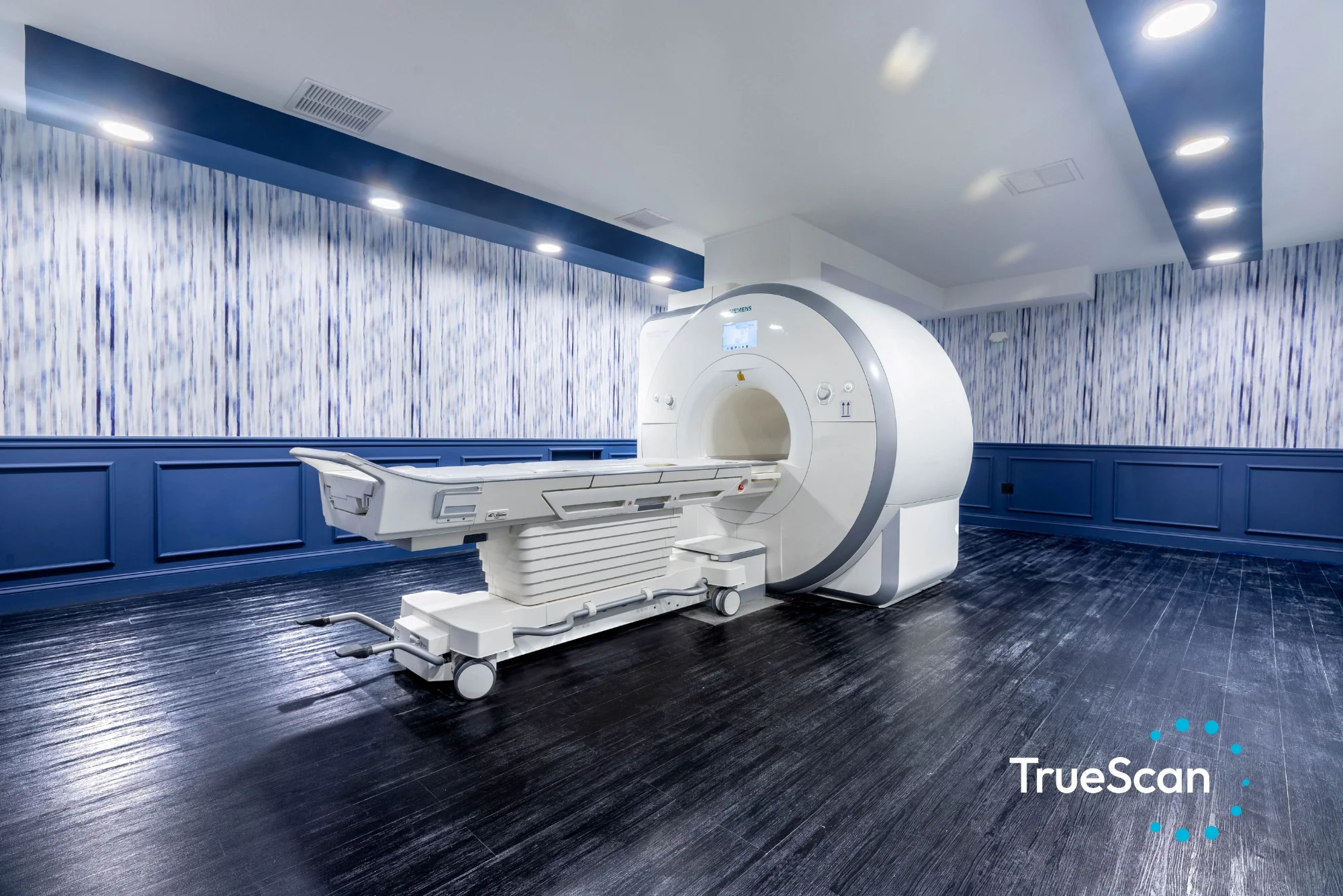
As we age, one question seems to pop up more often than almost any other: Is this normal?
Is it normal to start waking up at 3:30 a.m. regularly? Is it normal to take more than a few seconds to get out of the restaurant booth? Is it normal for my body to squeak, crack, snap, pop, ooze, itch, or gurgle like a pre-eruption volcano?
The same is true when it comes to our brain: Is it normal to forget where you put the peanut butter? Or is this a sign of something more serious?
These occurrences can be scary. Neurodegenerative disease, along with the three other major health issues for aging folks—cardiovascular disease, metabolic disease, and cancer—can spark a lot of fear and concern because of the serious nature of these diseases and the emotional pain associated with them (for the person suffering and their families).
“It really is top of mind for many of our patients,” says Radley Griffin, M.D., GCM Founder. “A common theme may be, ‘I don’t want to know, because there’s not much I can do about it.’” People may feel that way, he explains, because there’s not a blockbuster medication that can cure or prevent these diseases. Avoiding these types of issues, however, will not help patients best address them.
At GCM, we are here to help you navigate your questions about diseases associated with the brain, and this primer may help you understand more about them.
1. Dementia is not just about memory loss
When people hear “cognitive decline,” the immediate association is typically with memory issues. But that’s not the case with dementia (Alzheimer’s disease being the most common form of dementia).
Dr. Griffin explains that dementia is an impairment in cognition—how we show up in the world and interact in our environment. “Impairment is so much more than memory. It’s reaction time. It’s social cues, conversations, how we care for ourselves. There’s so much involved.”
Dementia can be compared to the opposite spectrum of being an infant, according to Dr. Griffin. Whereas an infant progresses from having no knowledge to gaining knowledge, those with cognitive decline move from having knowledge to losing some of it.
“A child is growing toward independence as they mature,” Dr. Griffin says. “Think of dementia as really the opposite. If our cognition is on a bell curve, and if a person is finding out they’re reaching the end of the bell curve perhaps before they should, then dementia is really an unlearning. If in our infancy we’re completely dependent, at the end of life, we also become dependent. It’s really a loss—or even a premature loss—of independence.”
2. Genetics is only one piece of the puzzle
Several decades ago, the apolipoprotein E gene (a cholesterol metabolism gene) was found to contribute to the likelihood of developing Alzheimer’s. It has three types: ApoE2 is associated with being Alzheimer’s protective, ApoE3 is associated with lower risk, and ApoE4 is associated with risk (especially if someone has two ApoE4s, one from each parent).
Of course, this research is evolving. Many more genes can be associated with these diseases, and the apolipoprotein E gene doesn’t necessarily guarantee a certain neurological destiny.
If you’re interested in knowing your genetic makeup, GCM can perform a simple blood test that can identify this gene. Just ask your physician.
3. Screening can be very quick
You forget what you’re working on, or where you were going, or the word you were just about to say. That momentary brain fog probably prompts the question, “Am I just tired, overworked, stressed, or is there something more nefarious happening?”
Many screening tests can give a clue to this answer. GCM uses the CognICA test (the ICA stands for integrated cognitive assessment), a language-free test. The technology uses AI to measure accuracy and speed of object recognition, and it also correlates with age. “We are recommending more regular screening tests,” Dr. Griffin says. “The reason why we like this screening test is that it’s very rapid—it can be performed in less than 5 minutes. And we can repeat it as often as we want to watch for changes—at least once a year for our patients who want to track this.”
Cognitive screenings can be influenced by a number of factors. Dr. Griffin offers some examples that could affect results: “Did you get a good night’s sleep last night? Did you have 10 drinks the night before? Did you bring your glasses that day?”
If you show signs of impairment, next steps may include talking about things that can influence cognitive function—sleep, depression, anxiety, for example—or getting further testing. For patients who want further evaluation, neurologists can give a more robust assessment using longer and more in-depth testing.
4. Lifestyle makes a difference
Simple lifestyle changes can have a big impact on slowing the progression of cognitive decline and improving quality of life, Dr. Griffin explains. The major areas include:
- Diet: Mediterranean diets (good fats, low sugar) seem to have a protective effect.
- Exercise: Physical fitness is important for maintaining mobility and cognition. “If physical independence is lost, a rapid decline in cognition could happen,” says Dr. Griffin.
- Sleep: Recent research shows that a loss of just one hour of sleep per night can have a significant impact on cognition.
- Engagement of the mind: Brain games, such as crosswords and Wordle, are a good way to engage the mind, which may slow the progression. Dr. Griffin emphasizes that adopting the mindset of ‘seizing the day’ can empower those looking to improve their health. “For me, it really comes back to engagement—I want to play this game to challenge my brain, instead of sitting in front of the television and receiving the stimulation as a couch potato,” he says.
5. Socialization and community are vital
Dr. Griffin believes that being an active part of a community of people is, perhaps, most important for those experiencing cognitive decline. Many older folks are isolated from family and friends, and that can contribute to decline. It’s crucial for family and caregivers to provide regular stimulation to these folks to help them maintain purpose and connection.
“I’ve been in my practice for so long that I’ve seen how caring for and loving our loved ones equates to longevity,” Dr Griffin says. “I do not necessarily see a reversal of the disease, but I do see a slowing of the progression. I see stability. And I also see contentment.”
Please discuss your concerns or questions with your GCM physician about screenings and other medical and lifestyle recommendations.




